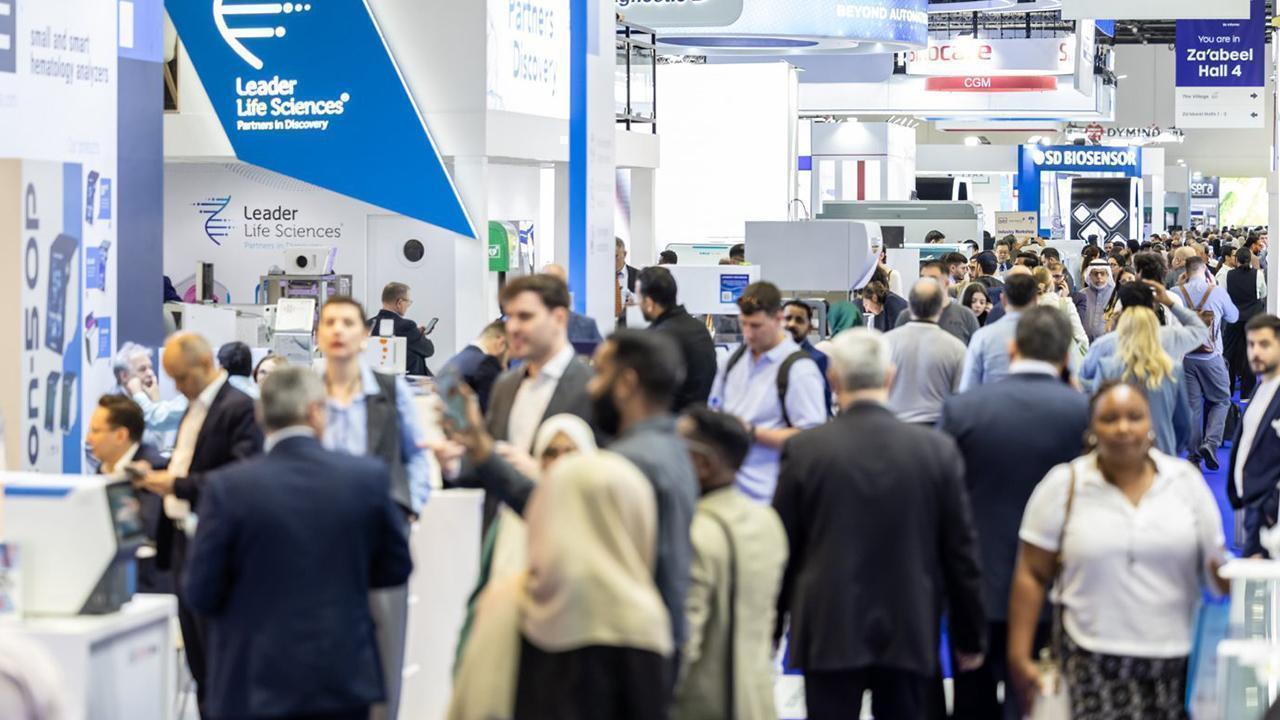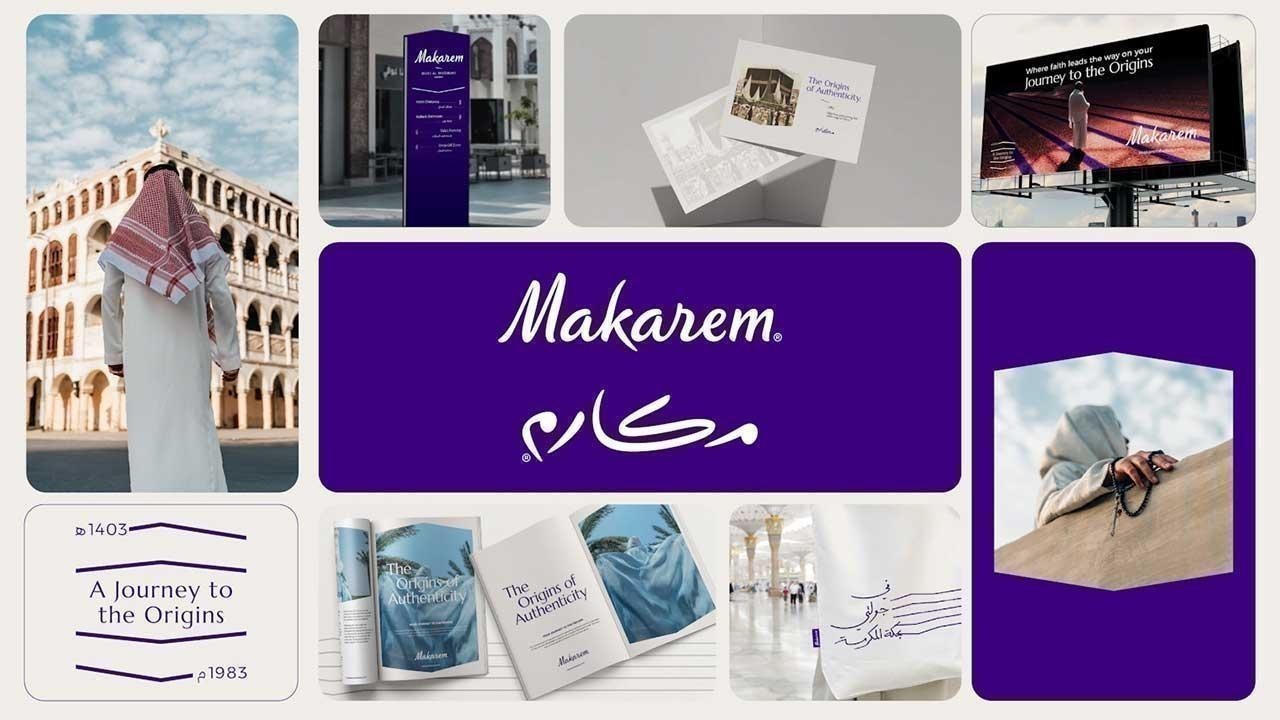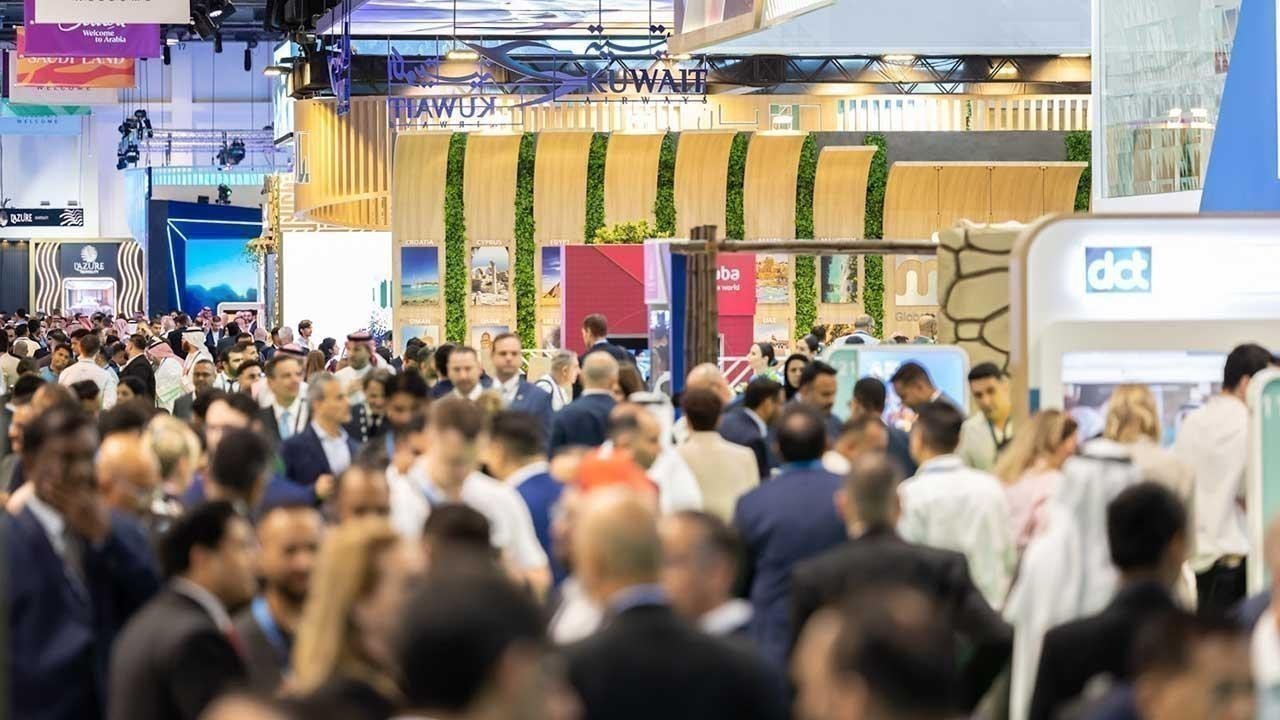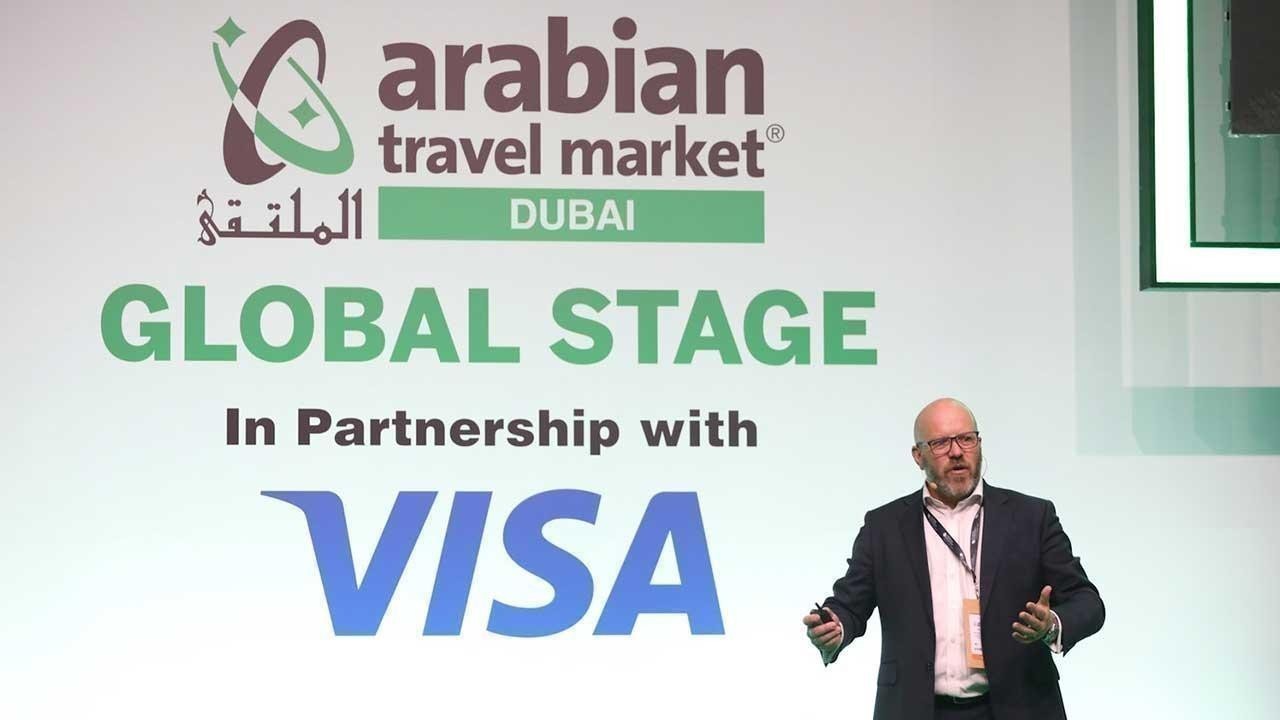
Post by: Elena Malik
Dubai, United Arab Emirates: As the healthcare industry intensifies its focus on environmental responsibility, the Lab Sustainability Conference took place today at Medlab Middle East, highlighting the crucial role of clinical laboratories in fostering a sustainable healthcare system.
With global temperatures rising and environmental challenges increasing, the impact on healthcare and laboratory professionals is expected to grow significantly. The conference explored how laboratories can adopt eco-friendly practices, optimize resource use, and balance ecological, social, and economic considerations while maintaining high-quality patient care.
A key discussion centered around the Doughnut Economy model and its relevance to laboratory sustainability. Created by economist Kate Raworth, this framework aims to achieve sustainable growth without exceeding ecological limits. Shaped like a doughnut, the inner ring represents essential needs such as food, healthcare, and education, while the outer ring symbolizes ecological factors like climate stability and biodiversity. The goal is to operate within this "safe zone," ensuring economic and social progress without overstepping ecological boundaries.
Dr. Rana Nabulsi, Chair of the Lab Quality and Safety Committee, DLMP, Dubai Health, opened the Lab Sustainability Conference, stating:“Medical laboratories and pathology departments worldwide consume five to ten times more energy and five times more water than standard office spaces. Additionally, these departments discard 5.5 million tonnes of plastic into the oceans, leading to significant public health impacts due to microplastics. The financial costs associated with energy consumption and waste output are also considerable. Today, our esteemed speakers will explore various aspects of climate change, its effects on public health, and solutions laboratories can implement to mitigate these risks.”
Following the opening address, Dr. Ali Al-Hemoud, a member of the Technical Advisory Group on Global Air Pollution for the World Health Organization (WHO) and a health research scientist at the Kuwait Institute for Scientific Research, led a compelling session titled “Immune-Mediated Diseases Associated with the Effects of Air Pollution.” The session focused on the exposome, which refers to the total collection of environmental exposures a person encounters throughout their life.
Dr. Al-Hemoud Said:“Climate change is causing environmental hazards such as thunderstorms, sand and dust storms, and air pollution. Our research examines how these hazards affect the exposome. These factors—particularly air pollution, greenhouse gases, pollen, and biodiversity loss—negatively impact human health over a lifetime. They can lead to immune degradation, increasing the risk of immune-mediated diseases, including allergic diseases, autoimmune disorders, and cancers.”
Elsewhere at the Medlab Middle East Congress, the Clinical Chemistry track explored the role of artificial intelligence, automation, and digital transformation in shaping value-based laboratory diagnostics. Meanwhile, the Molecular Diagnostics conference focused on cancer genomics and the genomics of rare diseases in the Middle East region.
During the Molecular Diagnostics conference, Dr. Mohamed Alameri, Head of Studies and Special Projects, Department of Health, Abu Dhabi, provided the latest updates on the Emirates Genome Programme, discussing its achievements, implications, and future directions.
The Medlab Middle East Congress, the world's only multi-disciplinary medical lab congress, concludes tomorrow with discussions on Lab Quality, Blood Transfusion and Cellular Therapy, and Immunology. Featuring 12 live, in-person tracks, the congress offers exceptional education and management solutions to help medical lab professionals advance their skills and improve services.
Medlab Middle East, the region’s largest medical laboratory exhibition and conference, continues to drive industry growth. The previous edition generated an estimated business value of USD 670 million (AED 2.46 billion), fueling the expansion of medical laboratories across the Middle East and beyond. The 24th edition of the event concluded on 6 February 2025 at the Dubai World Trade Centre.
#trending #latest #MedlabMiddleEast #LabSustainability #HealthcareInnovation #MedicalLaboratory #EnvironmentalHealth #SustainableHealthcare #ClinicalLabs #GreenLabs #HealthTech #Dubai #breakingnews #worldnews #headlines #topstories #globalUpdate #dxbnewsnetwork #dxbnews #dxbdnn #dxbnewsnetworkdnn #bestnewschanneldubai #bestnewschannelUAE #bestnewschannelabudhabi #bestnewschannelajman #bestnewschannelofdubai #popularnewschanneldubai

Sharjah Women’s Sports and University of Kalba sign MoU to boost women's sports, share expertise, offer training, and create career opportunities for students...Read More.

University of Kalba and Victoria International School signed an MoU to enhance sports education, training, and community health through joint programs...Read More.














Rashid Al Obad Appointed Director General of Shams
Sheikh Sultan issues Emiri Decree appointing Rashid Al Obad as Director General of Sharjah Media Cit

Dubai’s Government Best Practices Series 2025 Highlights Innovation
The Government Best Practices Series 2025 in Dubai focused on government innovation, digital service

Dubai Hosts GenAI Masterclass for Future Family Leaders
Dubai Centre for Family Businesses held a GenAI masterclass to train 24 young leaders in using AI fo

ArtDomain by DXB News Network Opens to Strong Global Response — Applications Begin for A50 and The Art Guild.
ArtDomain by DXB News Network Opens to Strong Global Response — Applications Begin for A50 and The A

Pakistan Air Force forces Indian jets to retreat in Kashmir
Pakistan Air Force's swift response forced Indian jets to retreat in occupied Kashmir after they vio